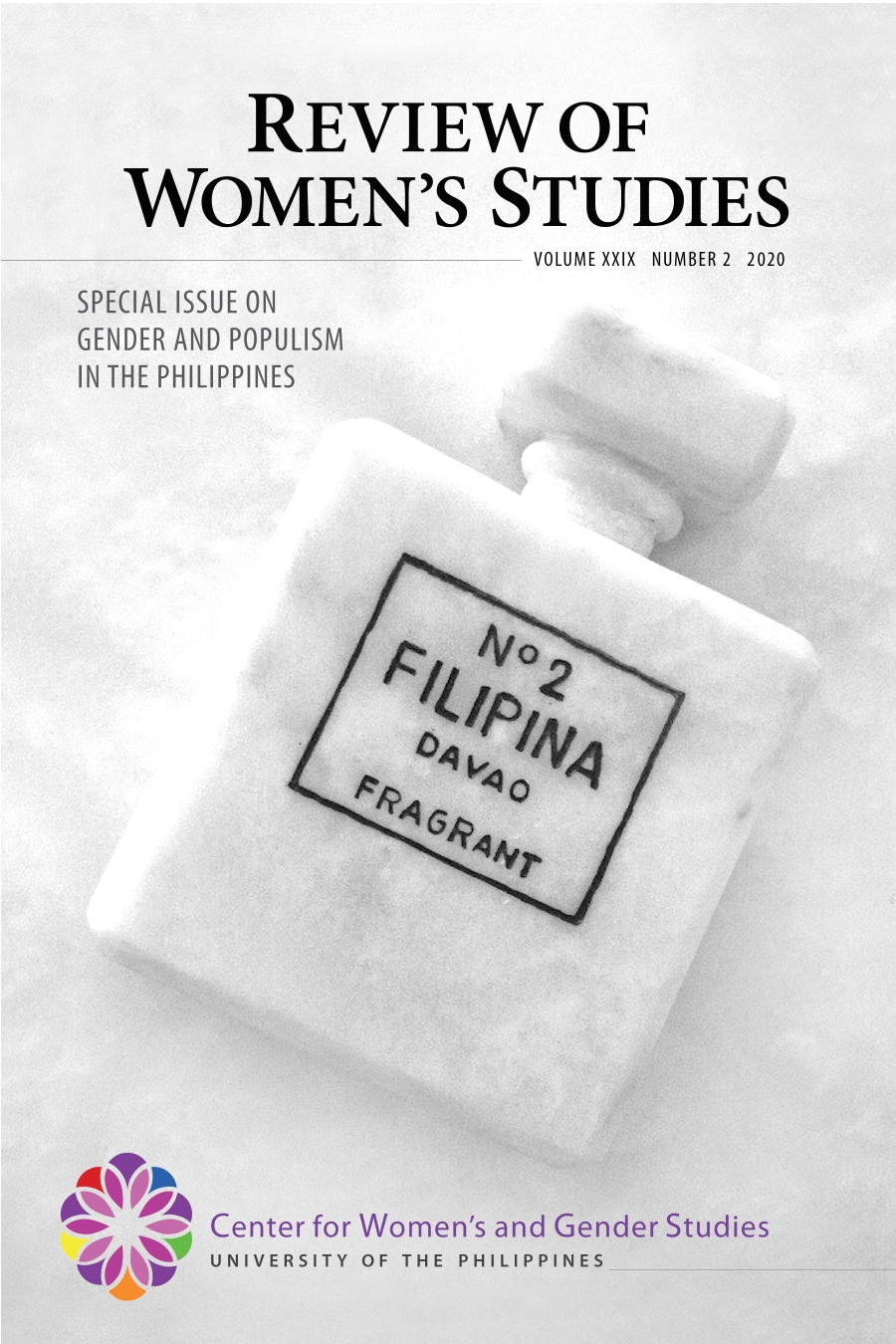Revisiting Intersectional Identities: Voices of Poor Bakla Youth in Rural Philippines
Abstract
This is an exploratory study of poor bakla youth in a rural area in the Philippines. It addresses the gap in knowledge since the bulk of the literature on the Filipino LGBT community focuses on the urban setting, especially in Metro Manila and with adults as respondents. Through in-depth interviewing, this paper pays attention to experiences of rural poor bakla youth which are shaped by their disadvantaged position in terms of gender, class, age, and rural-urban location. Using intersectionality as a framework, this paper exposes experiences that have been eclipsed in the Philippine literature on bakla, as well as confirms assertions in the current literature. Unique in this paper are narratives of not needing to come out as bakla, anecdotes of bakla's conditional acceptance in a rural school setting, financial contribution as validation of worth vis-à-vis a marginalized status, androgynous performance of household tasks, and silence as discrimination management. It also resonates with the existing literature on the bakla, mainly in terms of experiences of discrimination by a macho figure, and the rights recognition and rights assertion of the marginalized. Among the examined vectors of oppression, rurality is least felt by the respondents as constitutive of their experience. Finally, this research can lead to possibilities of looking at the intersection of populism and gender. As Duterte plays the role of an iron-fisted father (Bello, 2017), how are the baklas identity in the family formed?
Published
2023-05-12
How to Cite
PRESTO, Athena Charanne R..
Revisiting Intersectional Identities: Voices of Poor Bakla Youth in Rural Philippines.
Review of Women's Studies, [S.l.], v. 29, n. 2, may 2023.
ISSN 0117-9489. Available at: <https://journals.upd.edu.ph/index.php/rws/article/view/9079>. Date accessed: 27 sep. 2025.
Section
Articles


